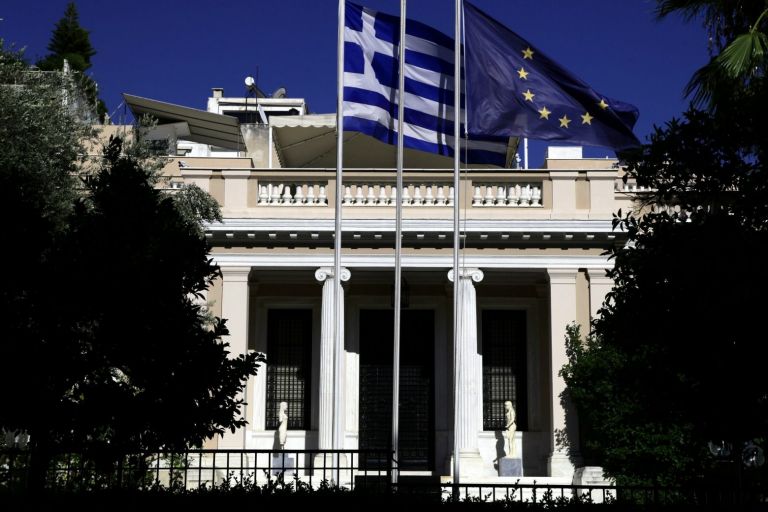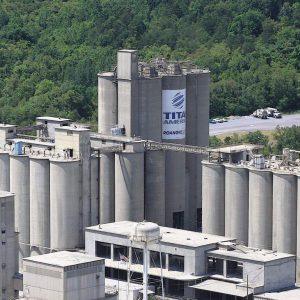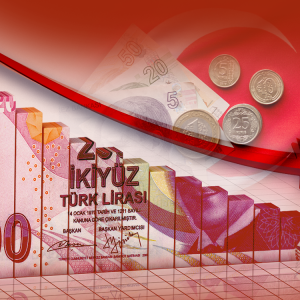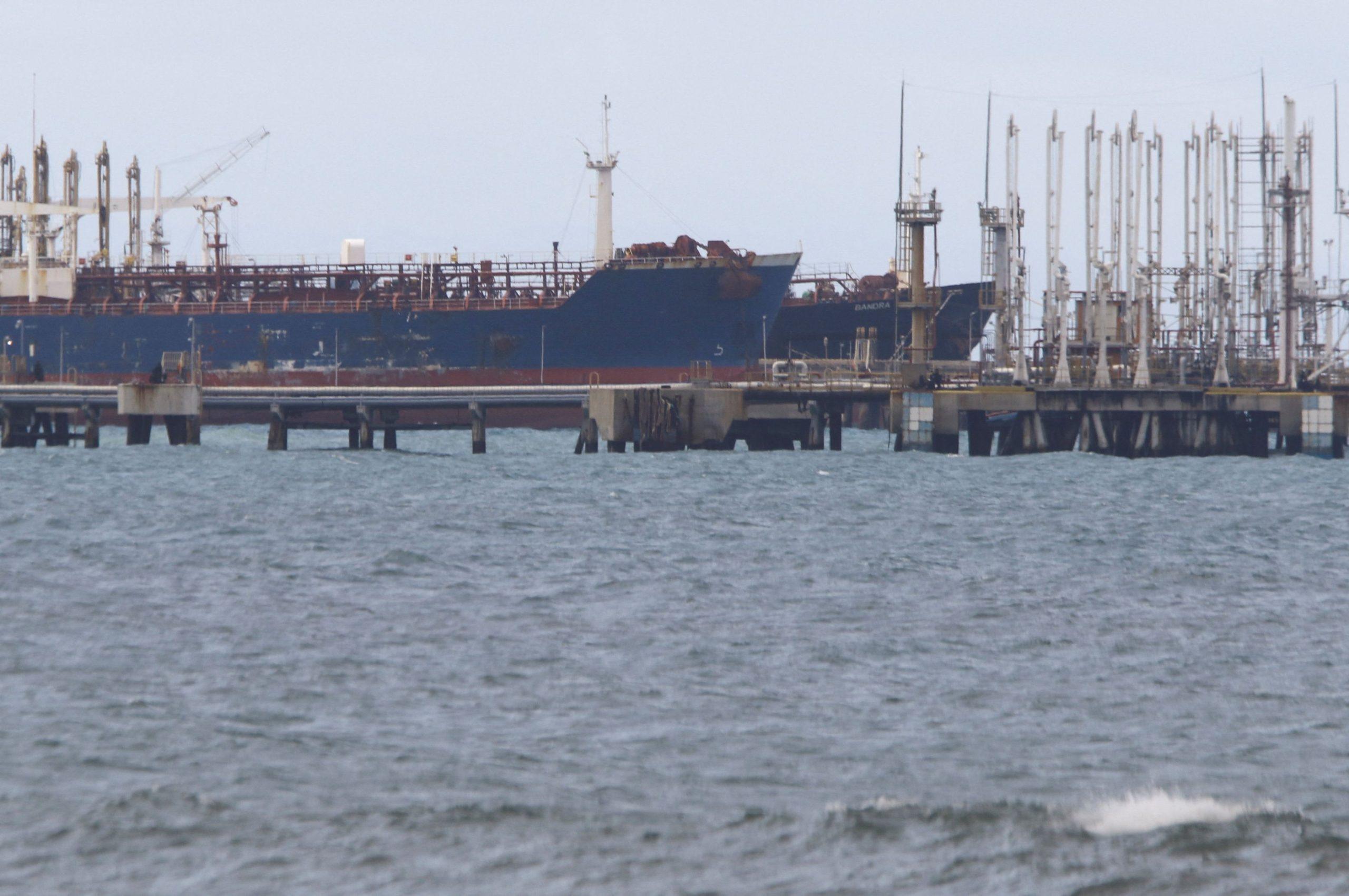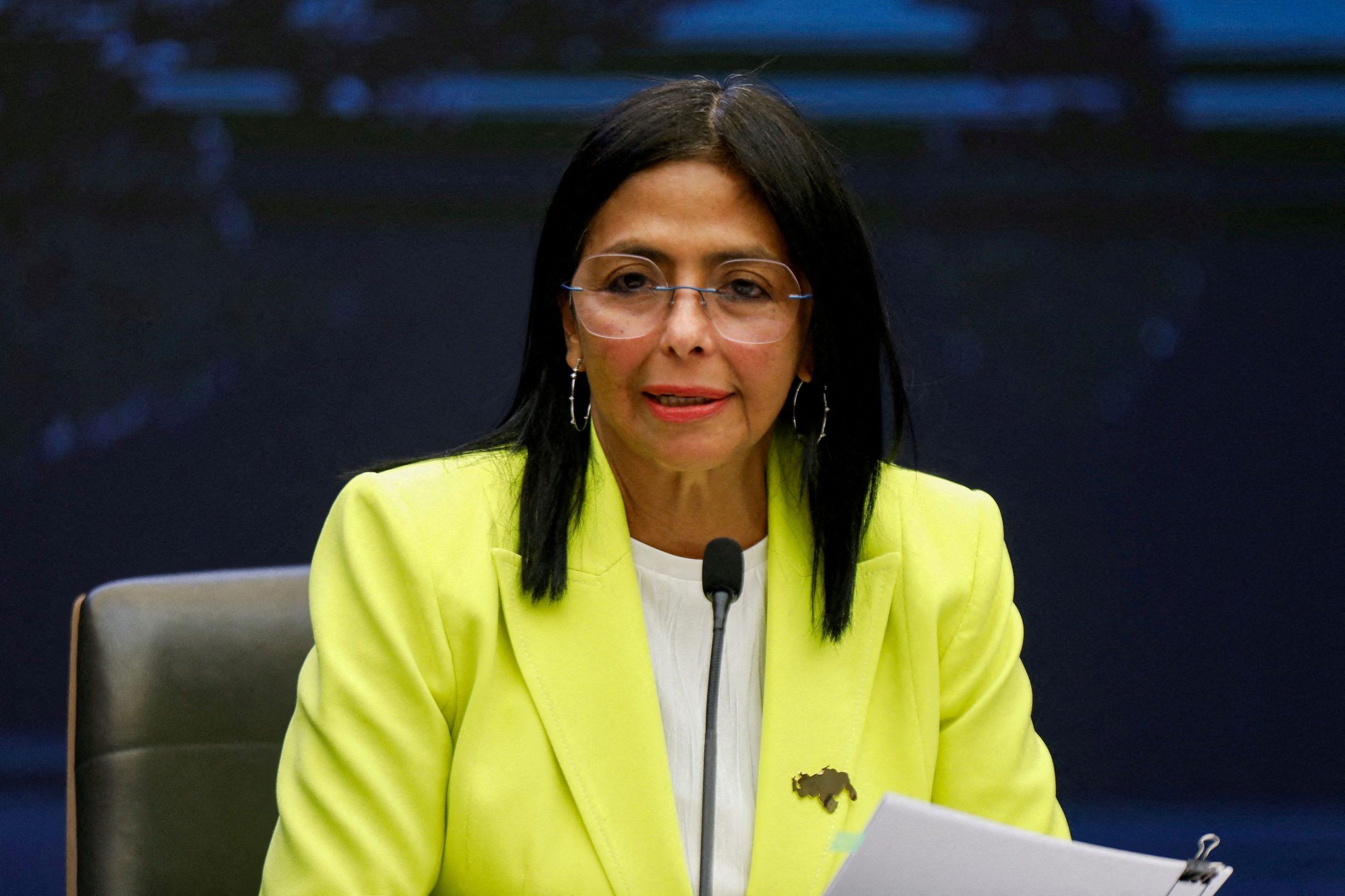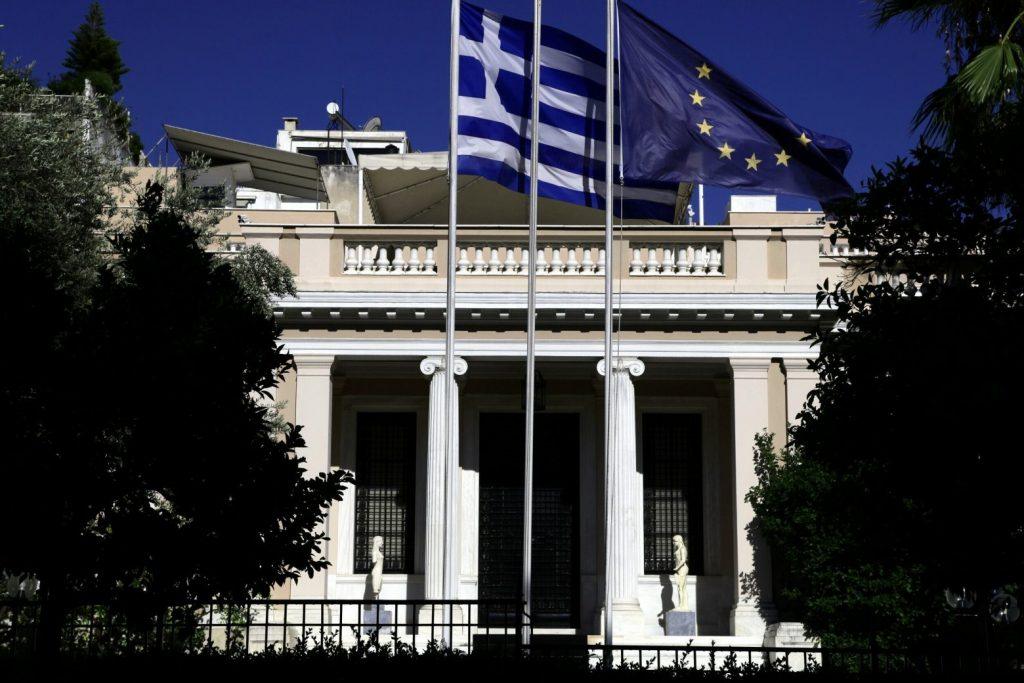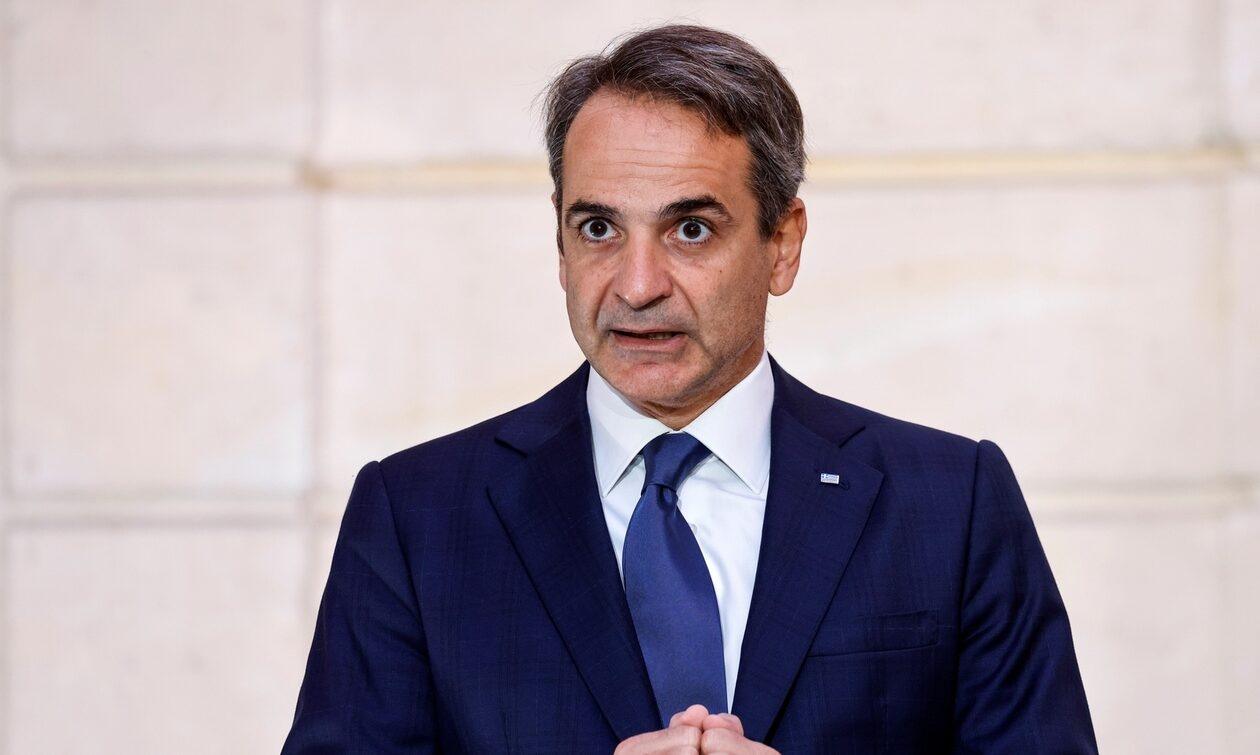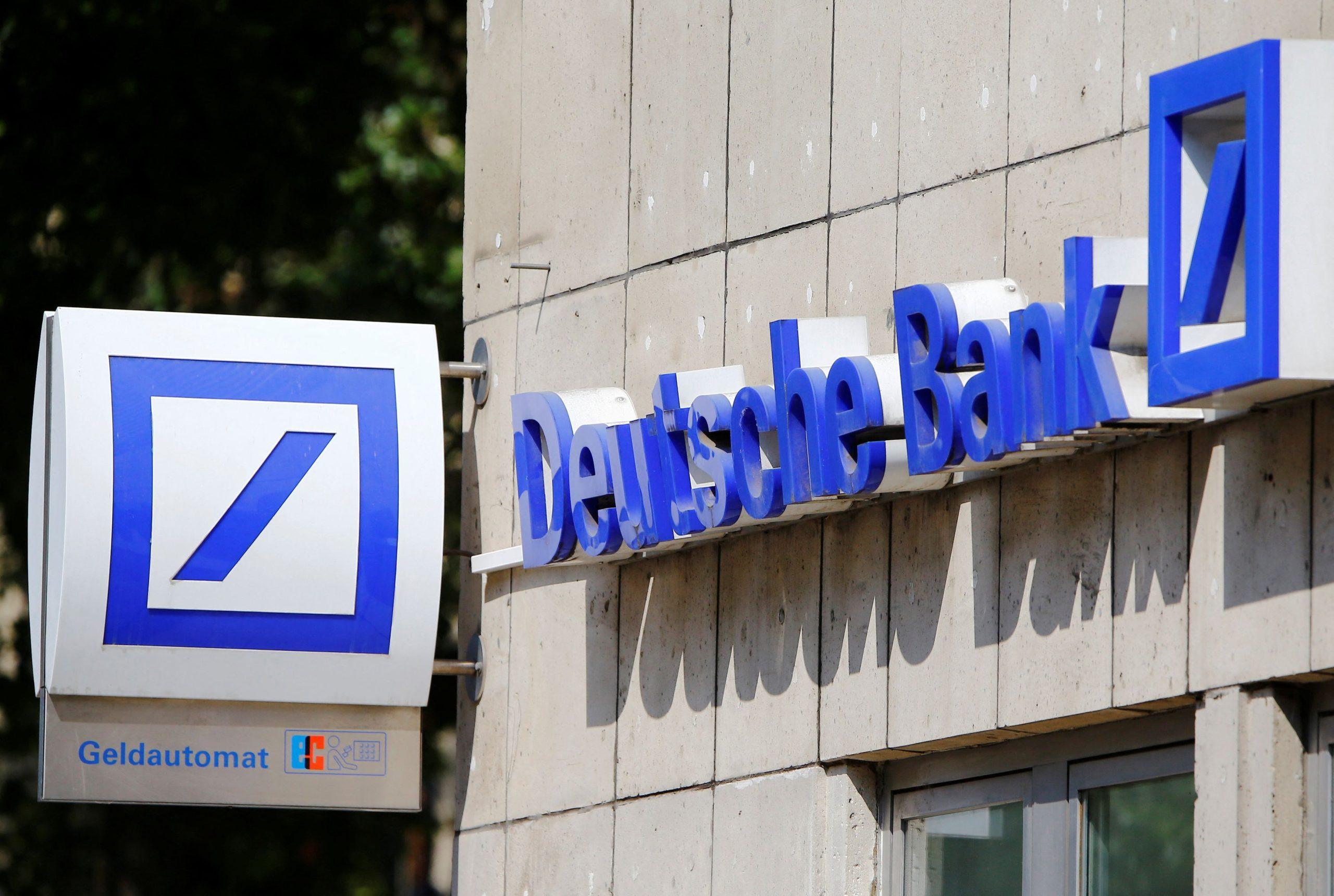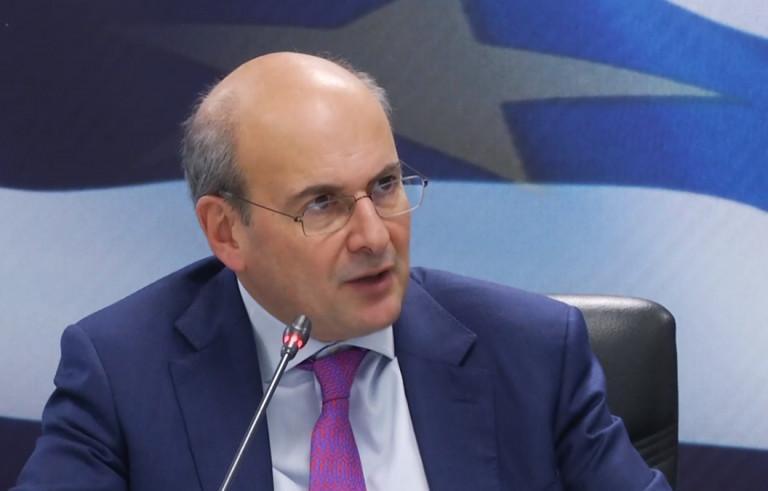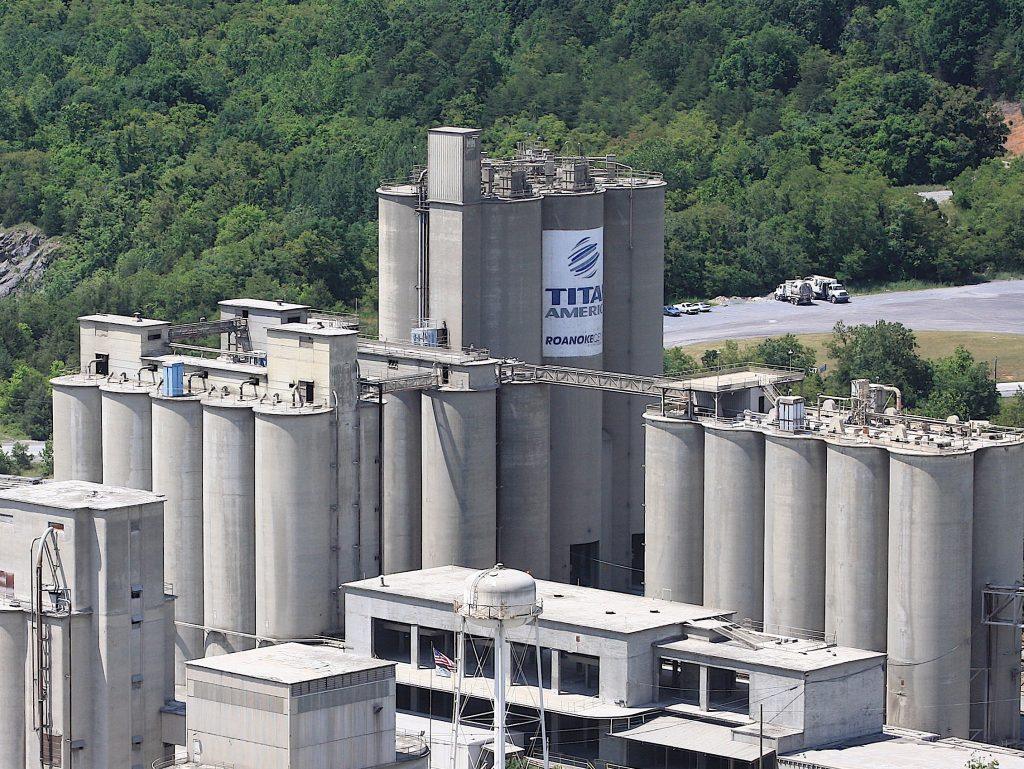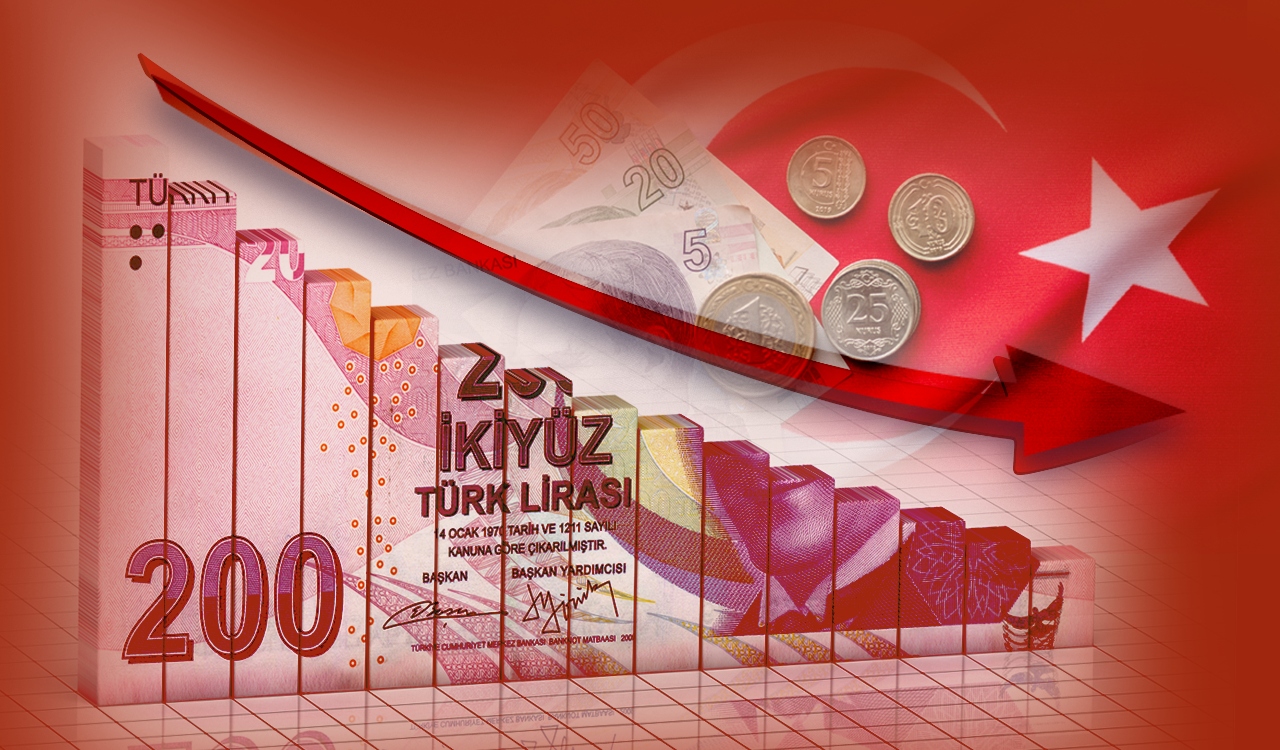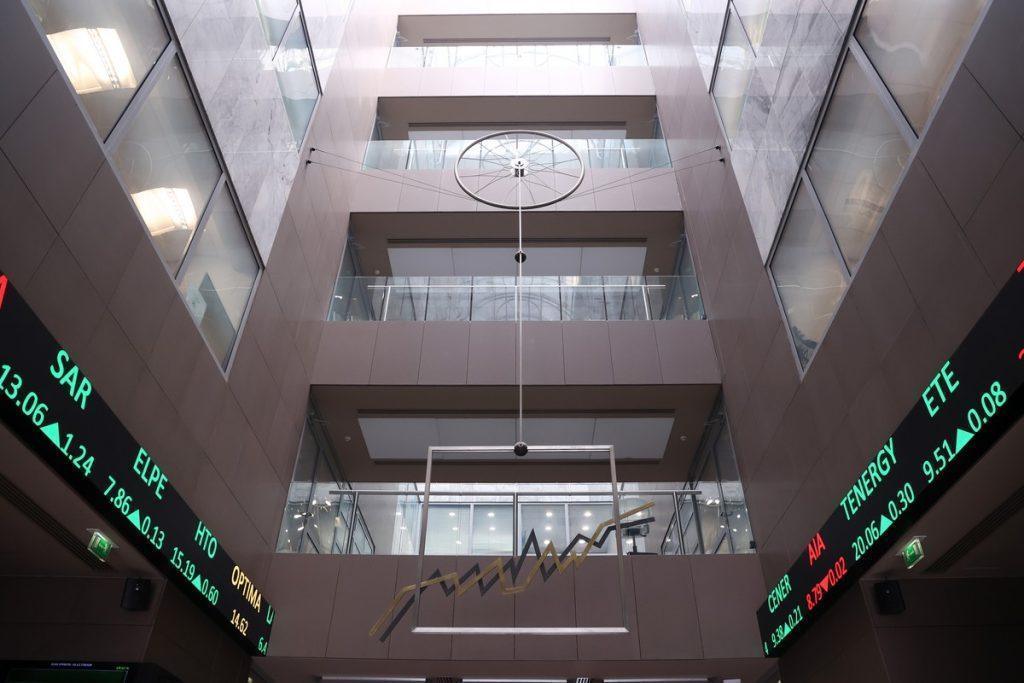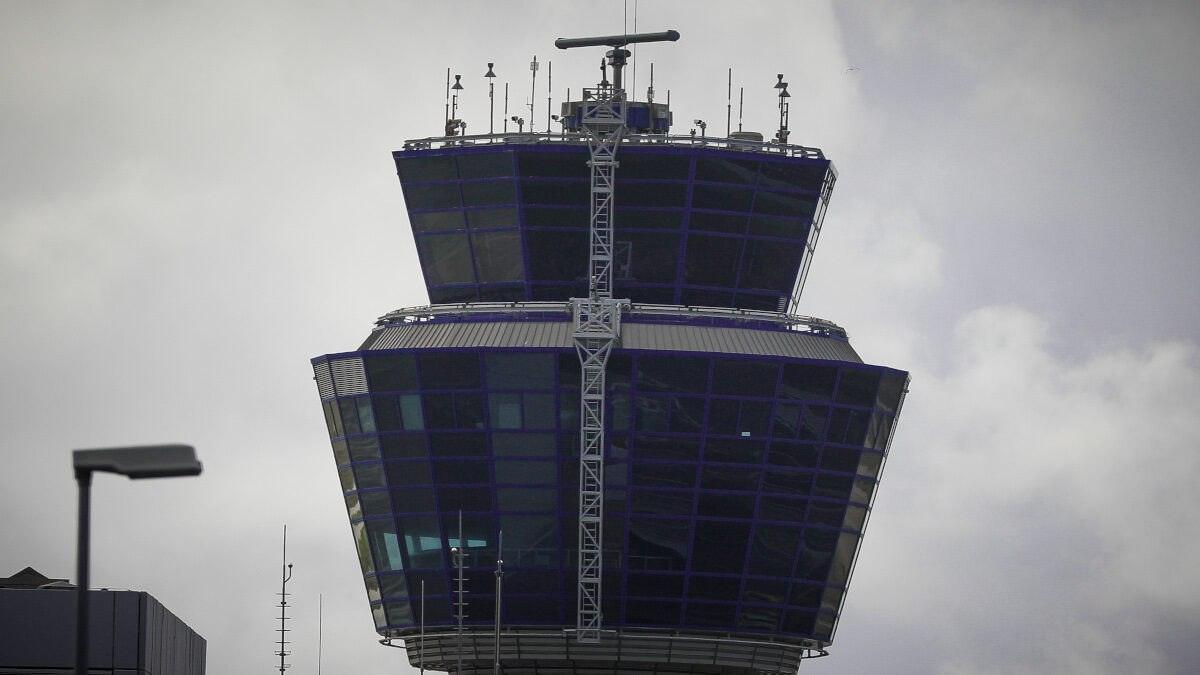The political and emotional management of every parameter of the tragedy in Tempi and the possible institutional interventions are the focus of the (charged) meetings of the Prime Minister with ministers as well as the telephone consultations of the relevant executives, given the catalytic effect of the fatal accident both on the schedule of political developments as well as the content of the political confrontation on the way (sooner or later) to the national polls.
From the PM’s “morning coffee” on March 1, the first after the severe train collision, to the last meeting last Saturday, the atmosphere grew heavier and heavier behind the closed doors of Maximus.
PM’s orders
Kyriakos Mitsotakis’ mandate is, according to reports, to have moderate tones in the confrontation for the time being in an effort for the government to show empathy for the drama of dozens of families and understanding of social anger.
The phrase of Mitsotakis that “indeed, in the Greece of 2023, it is not possible for two trains to move in opposite directions on the same line without anyone noticing” and the corresponding remark of the government representative Yannis Economou that “people are getting angry and saying “how is it possible in 2023 that this is happening and there isn’t a last-minute way to save it?”
In addition to the presence in Larissa, since last Thursday, of a government echelon led by Deputy Minister to Prime Minister Christos Triandopoulos to coordinate the first moves in the field, the prime minister’s office is now requesting the acceleration of every process related to the safe operation of the railway network.
Announcements
In this context, announcements are coming within the week for interventions to “immediately improve the safety of the railways until the Electronic Management System is completed”, as Mitsotakis wrote on social media.
Based on these, the Minister of State Giorgos Gerapetritis, having taken on the duties of – transitional until the polls – Minister of Infrastructure and Transport but exclusively in terms of the parameters of the horrific accident in Tempi, is planning announcements for the day after tomorrow Wednesday.
“He will form an image himself and will make recommendations accordingly”, say government sources, speaking of two days of contacts and “on-site inspection” by Gerapetritis in Larissa and Thessaloniki today and tomorrow. Immediately after, next Thursday or Friday, that is, the postponed meeting of the Council of Ministers will be scheduled, consolidating, as everything shows, the “turn” in the political management of the issue, certainly in terms of the government’s responses to the attacks of main opposition SYRIZA.
According to information, the government is focusing on two axes. The first is the necessary interventions regarding the network from Larissa and further north, given that, as commented by competent sources, substantial restoration of the line is required after the accident. According to information, the option to operate the line only for commercial trains and to put a temporary barrier on passenger routes (passengers will travel by buses) is being considered. The second point is the presentation of the whole sequence of “systemic problems” surrounding a contract (the infamous 717), which has gone through innumerable setbacks since 2014, without being completed to this day.
The electoral horizon
On this basis, as of next Thursday, March 9, the pre-election preparations are expected to thaw for the government along with the election horizon. According to the government spokesman, the Prime Minister “kicked out of the meetings” anyone who hesitantly tried to put electoral scenarios on the table. However, prime ministerial associates now expect that the final decisions will not be delayed. In New Democracy, reservations intensify as to whether the hitherto dominant scenario for the double, apparently, confrontation: April 9 and May 14 or 21 is realistic in practice (because in theory it is). The second scenario envisages a postponement of the elections until May. The proposals will point towards May 21 (or 14) for the first ballot and July 2 for the second. The possibility of a small transfer to the last Sundays of April (23 or 30) appears weakened, with the second polls necessarily on May 28, as June’s national qualifying exams for tertiary education institutions follow.
